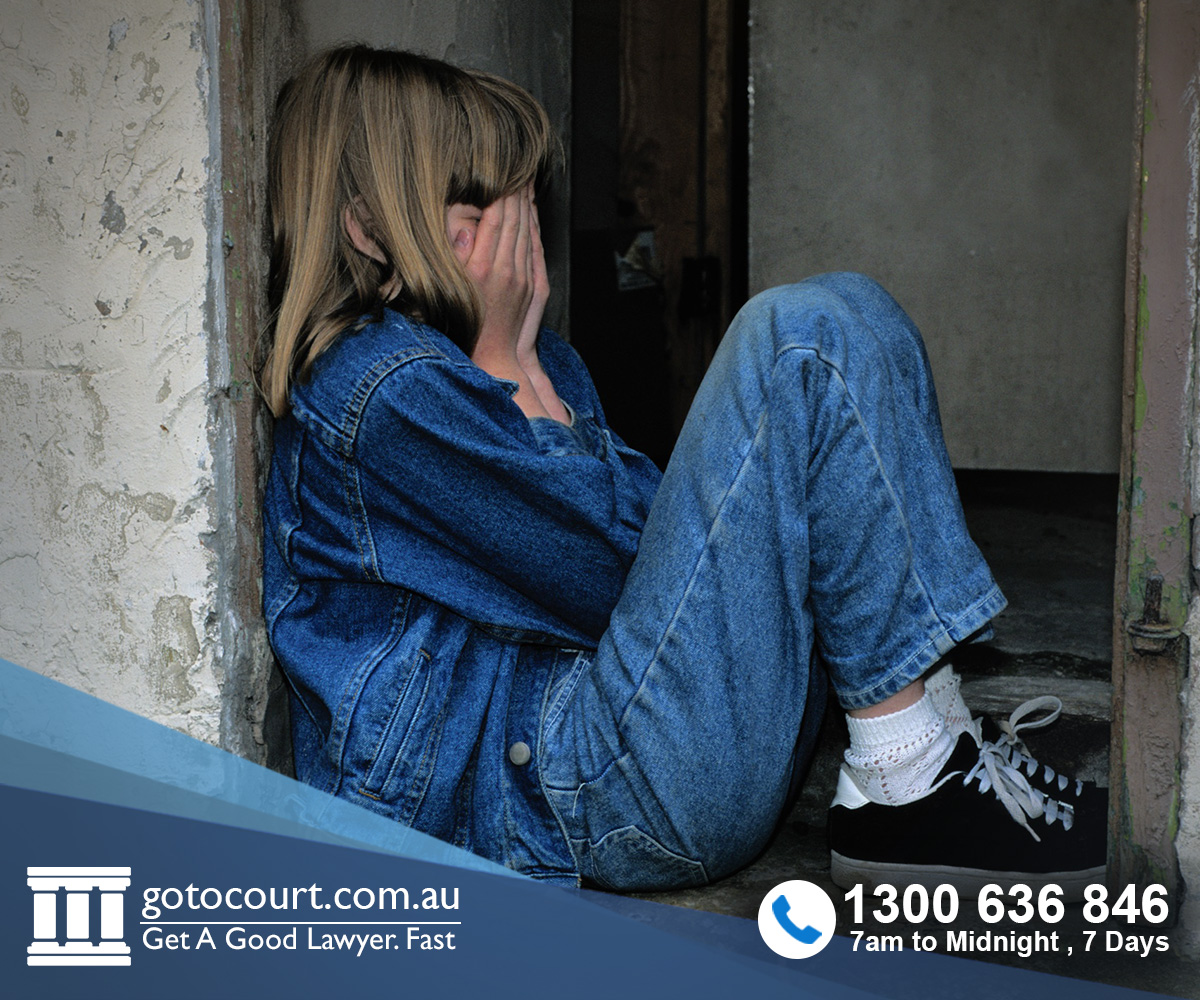Getting Arrested (Vic)
In Victoria, people can be arrested in a multitude of ways by various individuals. Arrests can be made by police with a warrant authorising them to make the arrest. In some circumstances, arrests can also be made by police without a warrant. Arrests in Victoria can also be carried out by a member of the public. This is commonly referred to as a citizen’s arrest.
Whether it be an arrest with or without a warrant, the person executing the arrest can lawfully use force to carry out the arrest. However, the amount of force exercised must be proportionate to the resistance shown by the accused.
Arrests with a warrant
Warrants are issued under section 12 of the Criminal Procedure Act 2009. The most common situations where an arrest warrant is issued is where an individual has:
- Failed to answer a summons to attend court;
- Failed to comply with his/her bail conditions;
- Tried to evade apprehension or investigation by police;
A warrant can also be issued where there is a reason to issue a warrant under another act or for good cause. Unless the court is satisfied of the above, a warrant cannot be issued.
The warrant must name the person to be arrested and must be shown to the person prior to arresting them.
Victoria Police also has the power to seek that a warrant be issued for several other procedures, including:
- A warrant to undergo a forensic procedure (such as a DNA test);
- A warrant to enter a property for the purpose of a search pursuant to an ongoing investigation.
Arrests without a warrant
Victoria Police does not always require a warrant to be issued in order to lawfully arrest an individual. Pursuant to sections 458 and 459 of the Crimes Act 1958, police officers, protective service officers and the general public have the power to arrest an individual in certain circumstances.
An arrest may be carried out when a person is found to be committing an offence (both summary or indictable) and the arresting individual has a reasonable belief that the apprehension is necessary to;
- Ensure that the offender is brought before a court;
- Maintain public order;
- Prevent to commission of any further offences; and/or
- For the safety and welfare of other members of the public.
A person may also be arrested by a police officer when the officer has the power to do so under the Crimes Act or any other relevant act.
It is not necessarily the case that where police do not have a warrant to arrest, that they cannot lawfully carry out an arrest. It is important to note that if advised that you are under arrest, failure to comply may attract criminal charges and penalties.
Arrest whilst on bail
A police officer or protective service officer can at any time arrest a person who is on bail without a warrant if they have reasonable grounds to believe that the individual has breached or will breach a condition of their bail.
Resisting arrest
Under Section 51(2) of the Summary Offences Act 1966, any individual who obstructs, resists or hinders a member of the police force in their execution of their duties (executing a lawful arrest), may be charged with a serious criminal offence.
Resisting arrest comes in many shapes and is not limited to resisting in its traditional sense. Circumstances such as, physically blocking police from executing an arrest, refusing to comply (both verbal and physical), or trying to evade an arrest, may attract a criminal charge, with penalties up to and including a term of imprisonment.
After being arrested
Once a person is arrested, what happens will depend on a number of factors including the type of the offence/s they were arrested for and their relevant prior history.
After arrest, the accused will generally be transported to a police station for the purpose of fingerprinting and to participate in a recorded interview. Participation in a police interview is voluntary and suspects have the right to silence.
Once this is completed an accused may be;
- Released pending further investigations;
- Released pending summons;
- Charged and released on bail; or
- Remanded in custody to come before a Court or bail justice on the question of if bail is applicable in these circumstances.
Whilst under arrest, you are obliged to follow all lawful directions provided to you.
Unlawful arrests
Where an arrest is carried out wrongfully, because of an error or the misuse of power, this may lead to the person responsible being sued for a tort, such as false imprisonment.
Unreasonable force
Should the arresting individual use more force that reasonably necessary to execute the arrest, this may amount to an unlawful use of force and the person may find themselves facing a criminal charge such as unlawful assault. It may also result in the person being sued for damages. It is therefore imperative that when executing a citizens’ arrest, the amount of force that is reasonably necessary is not exceeded.
If you require legal advice or representation in relation to a criminal matter or in any other legal matter, please contact Go To Court Lawyers.






